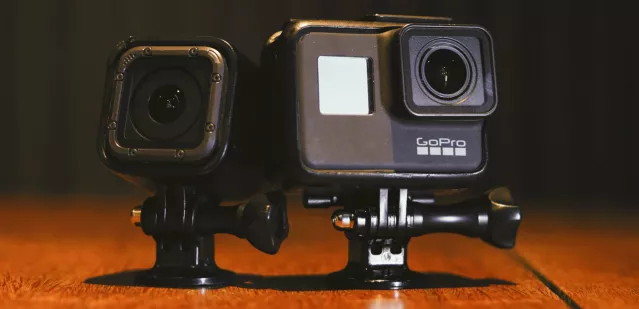
The introduction of the bodycam involves much more than simply supplying every officer with such a device. Associate lecturer, Joyce Kerstens played a major role in the research regarding the use of bodycams. She gives three examples showing that a single innovation can have major consequences for a particular discipline.
1. Handling the bodycam
"Learning to handle a bodycam will be easier for some officers than others. It takes time to find out how to work with such a device and how to add the video to a report. Officers who have already worked with the bodycam could serve as mentors for their colleagues. Using the bodycam involves more than just the technical operation of the camera. Consider the legal aspects as well. When are you not allowed to make recordings under the privacy laws? Officers must also be trained in this area."
2. Recordings as evidence
"Suppose all the officers wear a bodycam before long. This will create a lot of footage. And some of those videos will also be used as evidence in criminal trials. You need people to choose the right footage from a huge amount of recordings. And this should come as no surprise: it will be very interesting for criminals to hack into our systems and erase or manipulate video evidence. This creates a new profession in police departments: a data director of sorts. People must be trained to manage and secure the data."
3. Recordings as means of professionalisation
"Video registration offers new opportunities for training and development. For example, officers may review a video recording together with a colleague and reflect on their actions. And it is also great source material to use in training new recruits. Police officers were asked if they would mind if recordings of their actions would be used for training purposes, but the majority of the respondents in the study indicated that they had no problem with this. They thought it was a good tool to use as a means to reach new levels of professionalisation as a unit."
One innovation, many consequences
The research shows that police officers feel safer at work thanks to the use of bodycams. With the above-mentioned examples, Joyce illustrates that the implementation of bodycams still requires a lot of attention in the area of data management and security.
Are you curious about new research and findings of the Cybersafety Research Group? Then visit the website of the Cyber Science Center at cybersciencecenter.nl. Here you will also find the full research paper regarding the use of bodycams.



